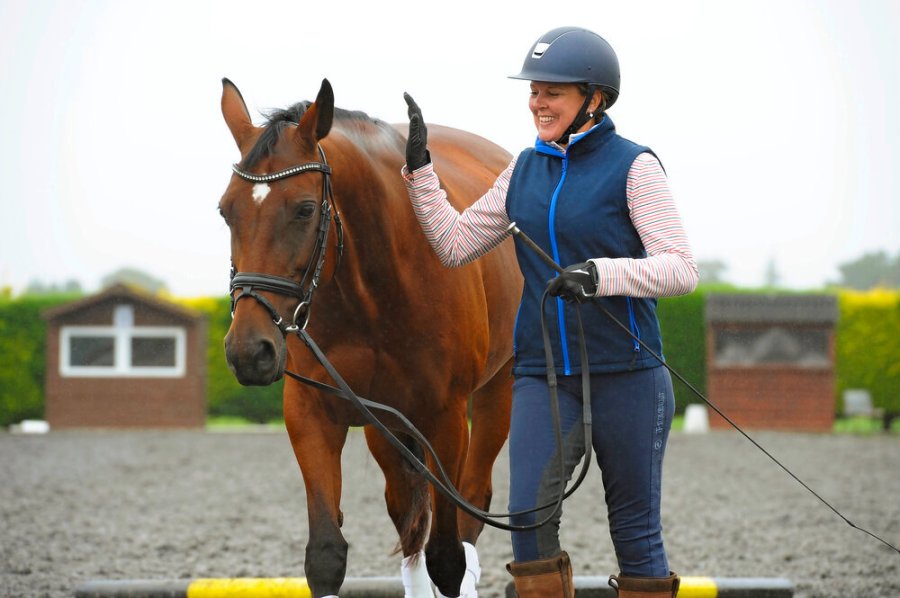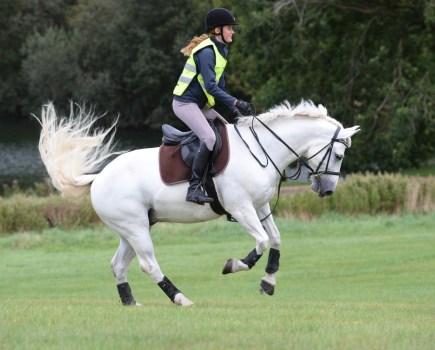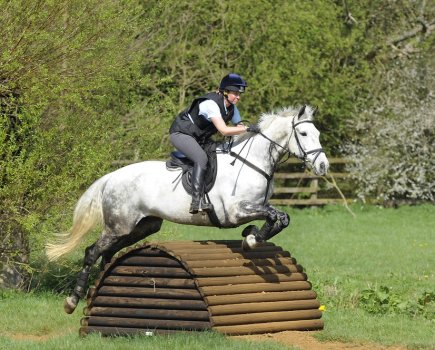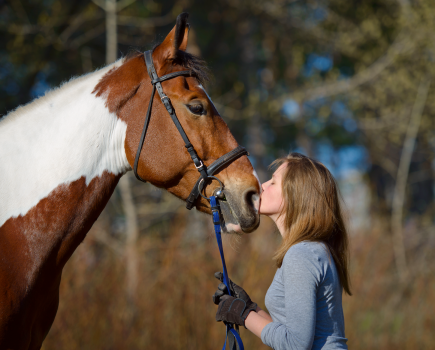Would you love to be cool, calm and collected with your horse, but feel your nerves hold you back? Trainer Emma Massingale shares her top tips.
My best advice would be to always try to set yourself up for success and bear in mind the following key points:
- First, look at your horse’s lifestyle as a whole. Make sure his friends are the right kind for the type of horse he is, and that he has enough turnout, and is happy, healthy and fulfilled.
- Whatever you do with your horse, have fun. If you’re enjoying what you’re doing with him, everything is always going to go better and be more enjoyable for him which, in turn, will make him happier and more cooperative.
- Never get fixated on a particular training method. If you understand the underlying principles you can use any method of training and be kind and effective.
- Practice — we all become proficient at things we practise a lot.
- Remember that horses are incredibly kind animals, so smile at them, as they can read our expressions, and appreciate them every single day.
If your horse is spooky to ride and you find it really knocks your confidence when you’re in the saddle, there are techniques you can practice from the ground.
This is the time to embrace your inner child! It’s no coincidence that kids often appear to have seemingly spook-proof ponies. I put this down to children not over-thinking things, and seeing the fun in a piece of plastic on the floor, whereas for adults this is something that we have to ‘get over’ in order to have a spook-proof horse.
If we planted a flag pole in even the quietest horse’s field and then turned him out, chances are he would still initially spook at it. I think of it as life conditioning, so we want to prepare our horses for whatever they might meet and show them how we, as humans, need them to act when scared so as not to injure us.
Embrace the mess
I’m lucky enough to be a messy person, so my arena at home never looks tidy. There are always tarpaulins, bags, balls, dogs, turkeys or whatever around, which conditions my horses to see many shapes, sounds and textures as part of their everyday normality. So when I then ask them to walk over a tarp or other obstacle, they aren’t defaulting to that initial shock of “it’s something new”.
I think it’s a lot more frightening and confrontational to suddenly appear with a tarp in an arena than it is for the horse to walk over one every day on his way towards supper in his stable.
Ask yourself, “how can I get my horse to love this plastic bag”, rather than “how can I get my horse not to spook at this plastic bag”. This will naturally make you more creative in your approach and will keep you more positive, which your horse will gain lots of confidence from.
Don’t miss the latest issue of Your Horse Magazine, jam-packed with training and veterinary advice, horse-care tips and the latest equestrian products, available now.









